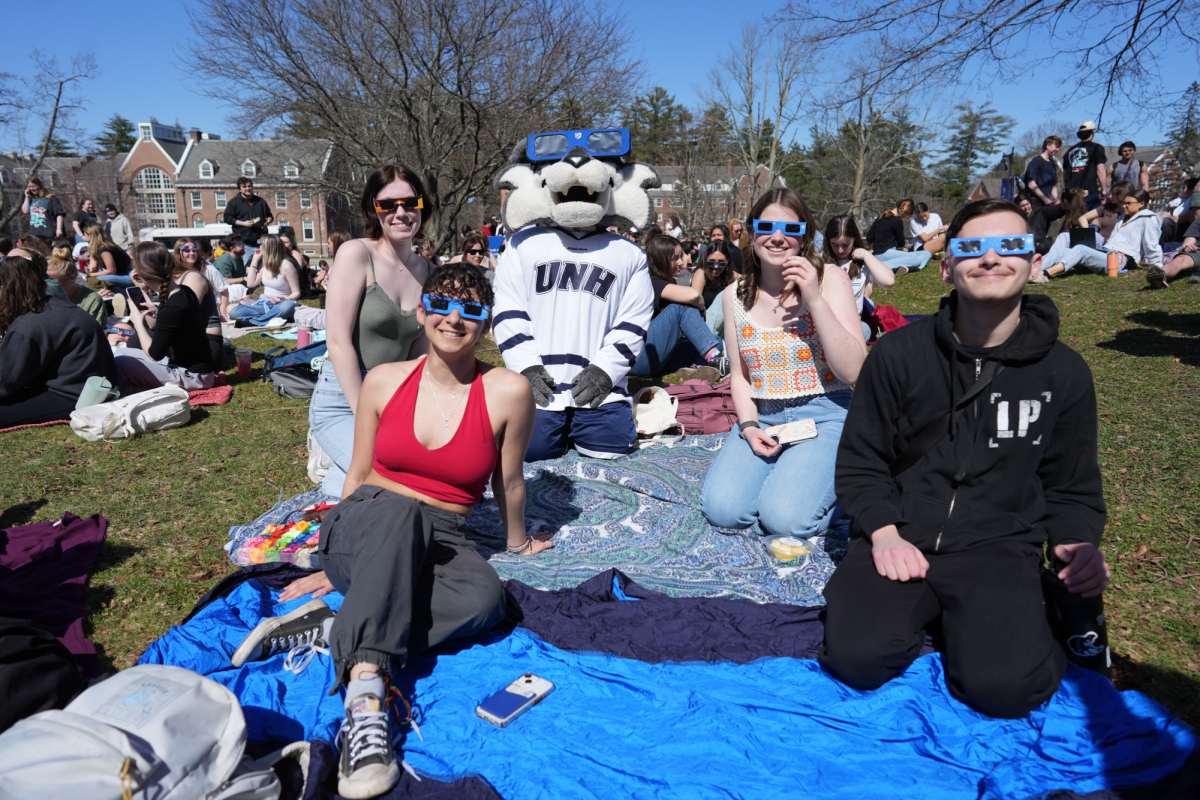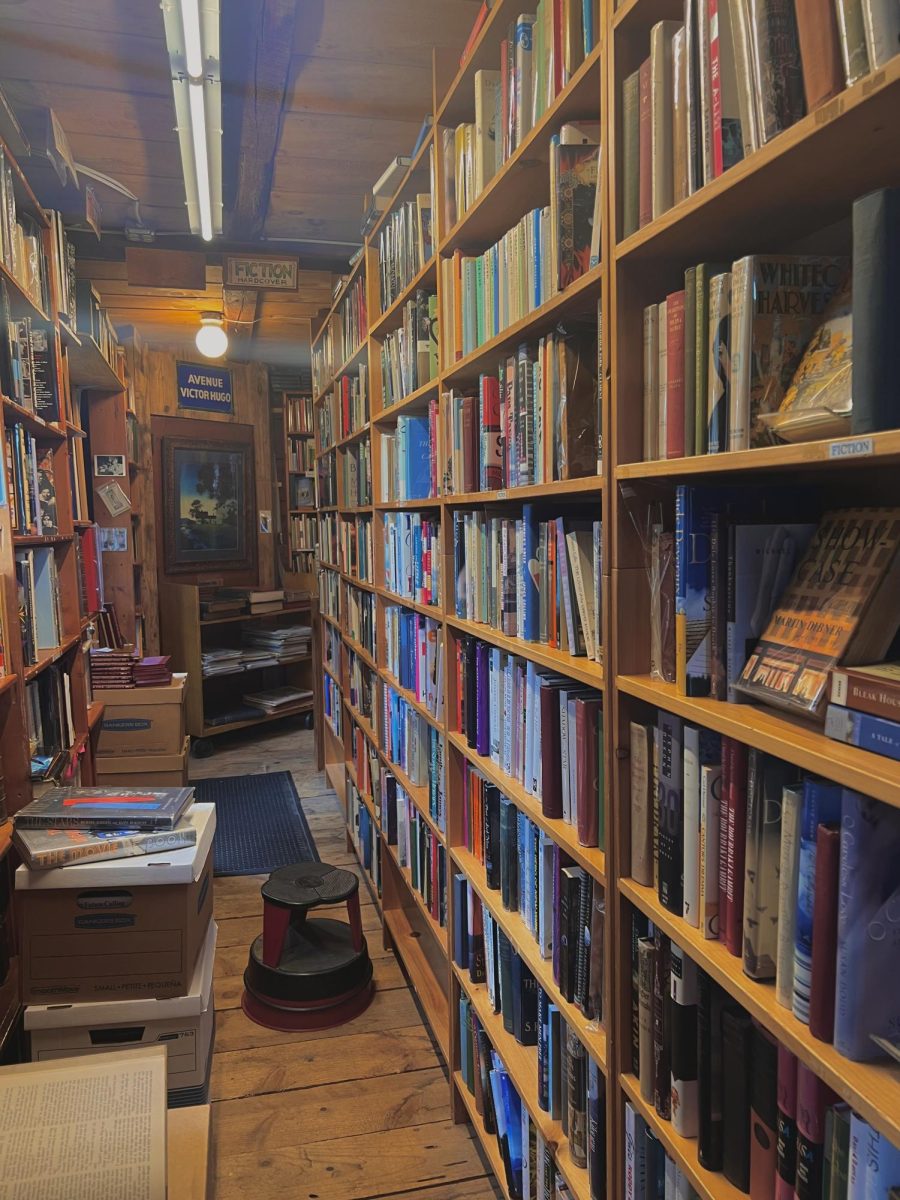This past Sunday, the Community Church of Durham showed its final film “We Still Live Here” as a part of its celebration of Indigenous Peoples’ Day.
“We Still Live Here” was an optimistic ending to a time of both reflection and raising awareness about the challenges faced by indigenous communities.
“We Still Live Here” is a documentary created by Anne Pacemaker which captures the story of Jessie Little Doe, a resident of Mashpee, Massachusetts and the greater Wampanoag Native American community. In 1993, Little Doe began the Wopanaak Language Reclamation Project which aimed to revive the Wopanaak language, a member of the Algonquian language family. Although it is one of dozens of Algonquian languages, it was the first Native American language to use an alphabetical writing system.
Through a fellowship program and obtaining her master’s degree at the Massachusetts Institute of Technology (MIT) in 2000, Little Doe was able to begin a Wampanoag dictionary and also begin teaching classes. Collaborating with her was Linguistics Professor Kenneth Hale.
After centuries of European colonization and settlement, language was one of the many aspects of Native American culture to be almost eradicated. The film opens with the personal anecdotes of Wampanoag tribe members who discuss how generations as far back as their great-grandparents were not able to speak their native languages, therefore leading to the language’s death. The loss of language was a result of the prohibition of speaking indigenous languages, religious conversions and the education system.
Little Doe makes a powerful statement in the film when she gives the prophecy that the Wampanoag had: they believed that their language would be lost but would return with one individual who would revive it. With the support and enthusiasm of her community, she was able to do just that. As of 2010 when the film was released, her daughter Mae became the first native speaker of the Wampanoag language in over six generations.
After the film students and other community members had a discussion about the film. The responses were quite positive, as those in attendance expressed a new understanding about the connection between culture and language.
Other films chosen by the Community Church’s committee included “After the Mayflower” and “Powwow Highway.” Along with films, both the Church and the University hosted a variety of events in recognition and celebration of Indigenous Peoples’ Day, of which began in October and will carry through into November.
Some of the events include the University of New Hampshire’s 9th annual Powwow which was held in the Granite State Room on November 6, a book discussion on Roxanne Dunbar-Ortiz’s “An Indigenous People’s’ History of the United States” which will be held on November 13 at the Durham Public Library and a Harvest Potluck Dinner held at the Community Church on November 17.





















